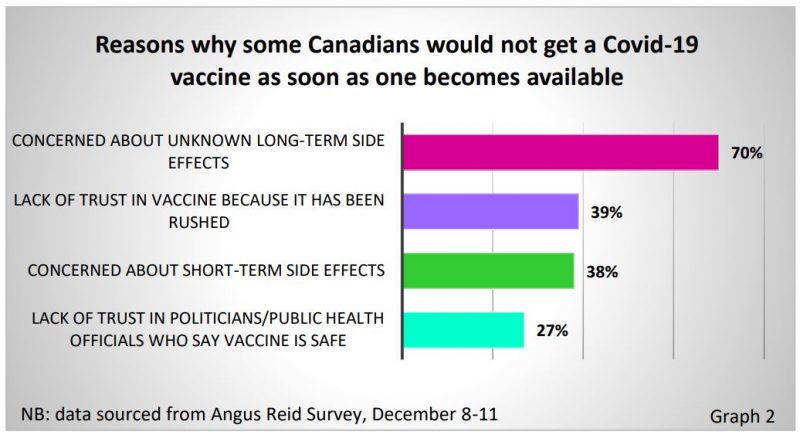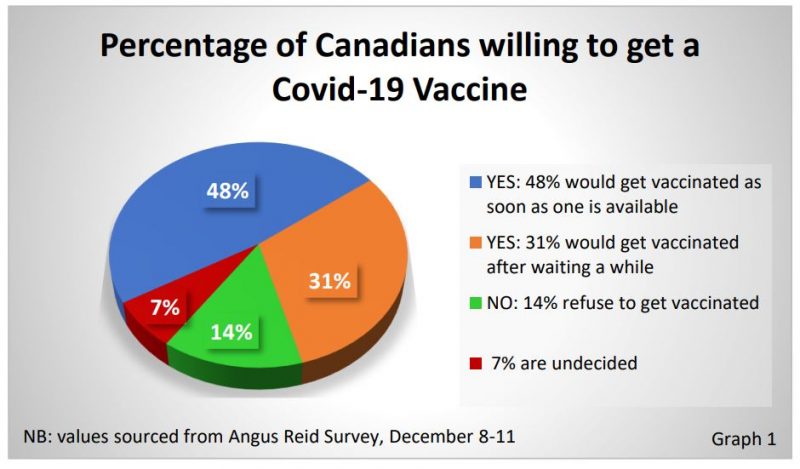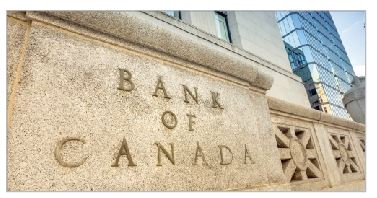Vaccines: a promise of immunity, a return to normal?
TORONTO – It has taken ten months for Canada to launch a monumental campaign to inoculate against the novel coronavirus. Hopefully, this may signal the beginning of the end for the pandemic in Canada.
As of Monday, the largest vaccination campaign in Canadian history is now underway. Quebec and Ontario are the first provinces to begin administering the Covid-19 vaccines. They have chosen frontline health workers and seniors living in long-term care centres as first recipients.
No matter one’s point of view, Covid-19 has infiltrated many aspects of our daily lives. In following public health safety protocols and procedures to mitigate the spread of the virus, we have altered the way we work, the way we shop and the way we interact with our family and friends.
It has been a challenge. Since the beginning of the pandemic, Canada has reported over 475,000 cases and more than 13,750 fatalities. Nearly 66% of all national cases and 85% of all Covid-19 related fatalities occurred in Ontario and Quebec. It should come as no surprise that these two provinces were the first to receive the vaccines.
The expansion of the campaign continues across the nation. Since Sunday’s first arrival of the potential life-saving vaccines in Quebec, 14 other sites across Canada have now started to receive shipments. That number is expected to grow to 70 sites by the end of next week. While priority for immunization are frontline workers and long-term care residents, Prime Minister Justin Trudeau reassured citizens saying, “all Canadians who want one, will get a free vaccine in the coming months of 2021”.
A recent Angus Reid Survey, conducted between December 8 and 11, asked Canadians how likely they would be to get vaccinated for Covid-19. Fortyeight percent (48%) of Canadians responded that they would likely be vaccinated as soon as a vaccine would be available to them (Graph 1).
This indicated an increase of eight percentage points (8%) from the month earlier. Perhaps the rising case count and stricter lockdown measures were reason enough to prompt the change.
Thirty-one percent (31%) of respondents answered they would wait a while before getting inoculated, down five points from one month ago. The percentage of those refusing the vaccine, dropped by one percentage point to 14%.
The changes may suggest Canadians are more willing to see an end to this virulent virus. But valid concerns persist. For those who responded they would not get vaccinated as soon as a vaccine became available to them, the greatest concern was the potential of unknown side effects. The majority of respondents, 70%, worry about long-term side effects. Another 39% lack trust in the vaccine, feeling it was rushed into production (Graph 2).

As with any new vaccine, treatment or therapy, the potential for contra indications including allergic reactions exists. Education and accurate information play a key role in breaking down fear and uncertainty.
In the age of social media, information can spread like wildfire, so it is important to refer to trusted sources. It is equally essential that the most accurate information be communicated in an age, language and culturally appropriate manner so that all citizens can make the best educated decisions. Time will tell if the vaccines fulfill their promise.




